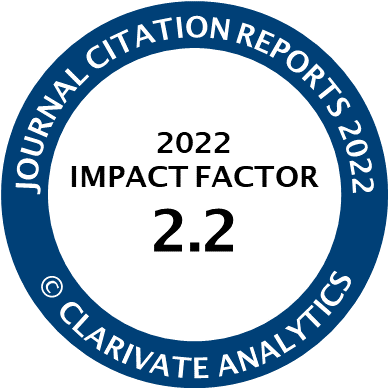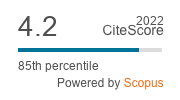Article | Open Access
The Politicisation of the European Central Bank and the Bundestag
| Views: | 1953 | | | Downloads: | 1293 |
Abstract: The European Central Bank (ECB) became one of the key actors during the Eurozone crisis. However, its prominent role was not without controversy. On one hand, the Eurozone was stabilised, no member state defaulted, and no state had to leave the Euro. On the other hand, the ECB had to stretch its mandate, expand its policy remit, and adopt so-called ‘unconventional’ monetary policies. These attempts to depoliticise political challenges through a technocratic approach reduced the opportunities for democratic contestation, but they also bred frustration that led to politicisation. This article studies to what extent this politicisation affected the perception of the ECB in national parliaments. For this purpose, it studies the extent to which ECB policy has become politicised in the German Bundestag through an analysis of plenary debates from 2005 to 2018. The Bundestag represents an unlikely case for politicisation despite wide-spread criticism of the ECB in the media, as Germany was traditionally attached to creating a highly independent ECB, until recently had no major Eurosceptic right-wing parties, and parliamentary scrutiny of the national central bank is low. However, by studying the salience of ECB policies, the polarisation of opinion in the parliament, as well as the range of actors participating in the debates, this article finds that the ECB’s policies have become politicised and the subject of scrutiny and dissatisfaction.
Keywords: banking union; Bundestag; European Central Bank; Eurozone crisis; Germany; national parliaments; plenary debates; politicisation
Published:
Supplementary Files:
© Anna-Lena Högenauer. This is an open access article distributed under the terms of the Creative Commons Attribution 4.0 license (http://creativecommons.org/licenses/by/4.0), which permits any use, distribution, and reproduction of the work without further permission provided the original author(s) and source are credited.




